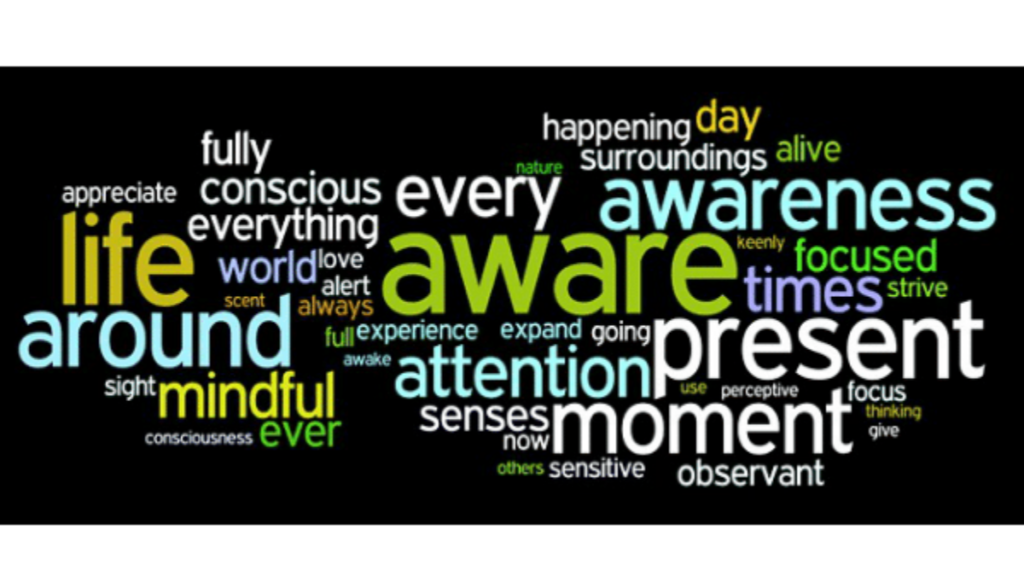
Introduction
In today’s fast-paced world, the ability to stay alert and mindful of our surroundings has never been more crucial. This skill, known as situational awareness, empowers individuals to make informed decisions, anticipate potential risks, and seize opportunities. From personal safety to professional success, situational awareness plays a pivotal role in enhancing the quality of our lives.
The Foundation of Situational Awareness
Understanding Situational Awareness
Situational awareness, simply put, is the ability to perceive, comprehend, and project the dynamics of one’s environment. It involves gathering information from various sources, processing it swiftly, and forming a holistic view of the situation at hand.
The Components of Situational Awareness
- Perception (H3): The first step is perceiving information through our senses – sight, hearing, touch, taste, and smell. It’s about being attuned to even the subtlest cues in our environment.
- Comprehension (H3): After perceiving, we need to comprehend the meaning behind the information. This involves understanding patterns, relationships, and potential outcomes.
- Projection (H3): Projection is the ability to foresee how a situation might unfold based on the information gathered. It enables proactive decision-making.
The Importance of Cultivating Situational Awareness
Developing situational awareness offers a multitude of benefits:
- Enhanced Safety: Being aware of your surroundings reduces the risk of accidents and dangers. It allows you to identify potential threats and take preventive measures.
- Improved Decision-making: In both personal and professional contexts, situational awareness equips you to make informed decisions swiftly and effectively.
- Effective Communication: Understanding the dynamics of a situation helps you communicate more clearly and adapt your message to different audiences.
Nurturing Situational Awareness in Everyday Life
Mindfulness and Present Moment Awareness
Practicing mindfulness techniques, such as meditation and deep breathing, enhances your ability to focus on the present moment. This, in turn, heightens your situational awareness.
Active Listening
Engaging in active listening involves not only hearing the words spoken but also interpreting tone, body language, and context. It enriches your understanding of conversations and situations.
Observational Skills
Sharpen your observational skills by consciously noting details around you. This practice helps you identify changes, anomalies, and potential opportunities.
Situational Awareness in Different Contexts
Personal Safety
Situational awareness is a cornerstone of personal safety. By staying vigilant and alert, you can navigate unfamiliar or risky environments while minimizing potential threats.
Driving
Maintaining situational awareness while driving involves being attentive to road conditions, other drivers, and potential hazards. It’s a critical factor in preventing accidents.
Workplace
In a professional setting, situational awareness fosters proactive problem-solving, effective teamwork, and adaptability to changing circumstances.
Overcoming Barriers to Situational Awareness
Digital Distractions
Constant connectivity to electronic devices can hinder our ability to be present and aware of our surroundings. Setting boundaries for screen time can help alleviate this issue.
Cognitive Tunneling
During stressful situations, our focus might narrow onto a single aspect, causing us to miss other critical information. Training yourself to remain open to multiple factors can counteract this.
The Power of Situational Awareness: Real-Life Examples
Emergency Responses
First responders and medical professionals rely on situational awareness to make split-second decisions during emergencies, ensuring the best possible outcomes.
Business Strategy
Successful entrepreneurs leverage situational awareness to identify trends, anticipate market shifts, and make timely business decisions.
Conclusion
Situational awareness is a skill that empowers us to navigate life’s twists and turns with confidence. By perceiving, comprehending, and projecting the dynamics of our environment, we can enhance our safety, decision-making, and overall quality of life. So, the next time you find yourself immersed in a situation, remember to engage your senses, stay present, and embrace the power of situational awareness.
